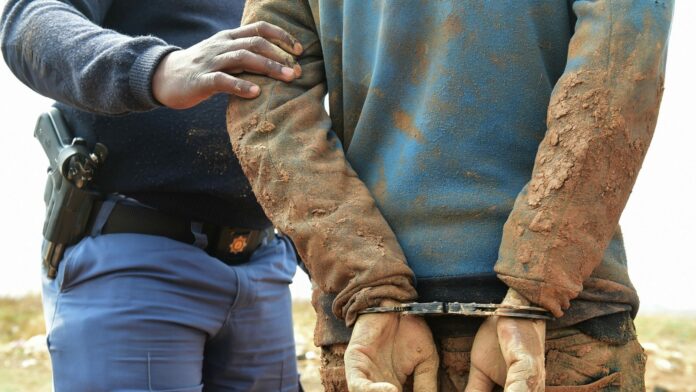
AFTER a not so successful campaign by the ANC during the Municipal Elections in 2021, the political appeasement and vote garnering machine kicked into top gear. The draft Artisanal and Small-Scale Mining Policy 2021 was published in the Government Gazette on 5 May 2021 for public comment and after various quarters raised concerns with the DMRE regarding the draft policy, “Comrade” (Cannot Organise Mining, Renewable Energy, Administration, DMRE and Electricity) Mantashe effectively ignored all comments and on 30 April 2022, published the policy in its final form in the Gazette, which is effectively a carbon copy of the draft.
The policy is a fantasy. With a stroke of the legislature’s pen, it intends to magically create vast valuable open cast areas where artisanal miners can profitably mine, as previously mined areas are excluded to prevent artisanal miners from attracting environmental liabilities. It also assumes that platoons of Zama Zamas will miraculously stop their illegal activities overnight, undertake formal training, use PPE and pay taxes and royalties. This is like allowing drug dealers to continue selling drugs if they obtain pharmaceutical qualifications and pay tax on their earnings – it just won’t happen.
As recently as September 2021, our courts confirmed that policy is not enforceable law when the Minerals Council, sporting its shiny new balls, torpedoed many of the unworkable sections of Mining Charter III, including the recidivistic Verwoedian notion that black people were prevented from selling their shares in mining companies for prescribed periods, while white shareholders could sell their shares when and how they liked without any restriction.
The clumsy policy can have only one outcome – the responsibility to train, equip and accommodate artisanal miners will rest with mining companies who will be expected to tolerate artisanal miners in their mining areas. A further consequence of the policy is already apparent, namely that an expectation has been created with communities that mining companies are now obliged to include them as artisanal miners in existing mining areas. This short-sighted creation of expectations will cause even more problems for mining companies who are already battling to manage communities who look to mining companies to satisfy basic needs that a failed state should have provided in the first instance.
Mantashe and his DMRE must put South Africa before the ANC and bin the policy. Start by intervening decisively to stop criminality in the mining sector and when the all too frequent tragic incidents like the recent murder at Sibanye-Stillwater’s Cooke shaft no longer occur, can the notion of promoting smaller scale mining be pursued.











